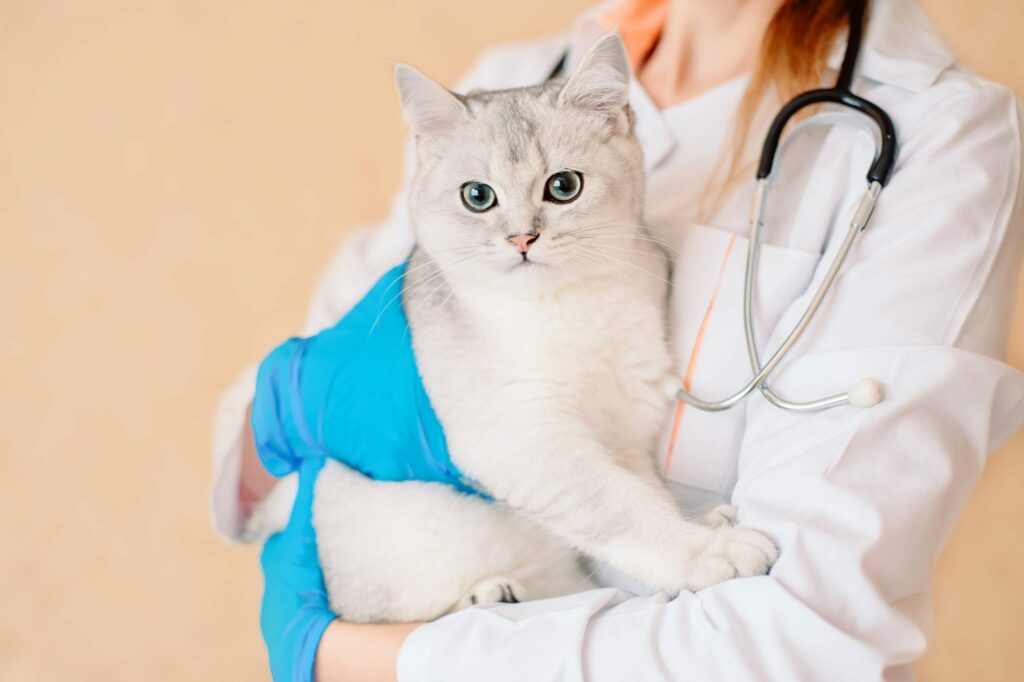Table of Contents
Preventive care is crucial for maintaining your pet’s health and well-being. By taking proactive measures, you can prevent many common illnesses and ensure your furry friend enjoys a long and healthy life. Here are 10 essential tips for preventive care for pets.

1. Regular Veterinary Check-Ups: Preventive Care for Pets
Regular veterinary check-ups are vital for early detection of health issues. Schedule annual or bi-annual visits to ensure your pet is in good health and up-to-date on vaccinations.
- Tip: Maintain a record of your pet’s health, vaccinations, and any medical treatments. For more information, visit AVMA.
2. Vaccinations
Vaccinations protect your pet from various diseases, including rabies, distemper, parvovirus, and feline leukemia. Ensure your pet receives the necessary vaccinations as recommended by your veterinarian.
- Tip: Keep a vaccination schedule and follow your vet’s recommendations for boosters. For more advice, visit ASPCA.
3. Parasite Prevention: Preventive Care for Pets
Prevent parasites such as fleas, ticks, and heartworms with regular preventive treatments. Consult your veterinarian for the best options based on your pet’s lifestyle and environment.
- Tip: Use flea and tick preventatives year-round, and have your pet tested for heartworms annually. For more tips, visit CDC.
4. Proper Nutrition
A balanced diet is essential for your pet’s overall health. Provide high-quality, species-appropriate food and avoid giving them table scraps or harmful foods.
- Tip: Consult your veterinarian to determine the best diet for your pet’s age, weight, and health status. For more information, visit PetMD.
5. Regular Exercise: Preventive Care for Pets
Regular exercise helps maintain a healthy weight, reduce stress, and prevent behavioral issues. Ensure your pet gets enough physical activity through walks, playtime, and other activities.
- Tip: Tailor exercise routines to your pet’s breed, age, and health condition. For more advice, visit ASPCA.
6. Dental Care
Good dental hygiene is crucial for preventing dental disease, which can lead to more serious health problems. Brush your pet’s teeth regularly and provide dental treats or toys.
- Tip: Schedule regular dental check-ups with your veterinarian. For more tips, visit AVMA.
7. Spaying and Neutering: Preventive Care for Pets
Spaying or neutering your pet can prevent certain cancers and reduce the risk of behavioral issues. It also helps control the pet population.
- Tip: Discuss the best age and timing for spaying or neutering your pet with your veterinarian. For more information, visit ASPCA.
8. Mental Stimulation
Mental stimulation is as important as physical exercise for your pet’s well-being. Provide toys, puzzles, and interactive games to keep your pet’s mind engaged.
- Tip: Rotate toys regularly to keep your pet interested and mentally stimulated. For more advice, visit AKC.
9. Grooming: Preventive Care for Pets
Regular grooming keeps your pet’s coat and skin healthy, reduces shedding, and allows you to check for signs of illness or parasites. Grooming needs vary by breed and species.
- Tip: Establish a grooming routine that includes brushing, bathing, and nail trimming. For more tips, visit ASPCA.
10. Monitor Health Changes
Be vigilant about any changes in your pet’s behavior, appetite, or appearance. Early detection of health issues can lead to more effective treatment.
- Tip: Keep a health journal to track any changes and share this information with your veterinarian. For more information, visit AVMA.
Conclusion: Preventive Care for Pets
Preventive care is essential for maintaining your pet’s health and ensuring they live a long, happy life. By following these preventive care for pets tips and working closely with your veterinarian, you can proactively manage your pet’s well-being. For more tips on pet care and health, visit our website.
Frequently Asked Questions about Preventive Care for Pets
How often should I take my pet to the vet for check-ups?
It’s recommended to take your pet for a veterinary check-up at least once a year. Senior pets or those with health issues may require more frequent visits. For more information, visit AVMA.
What vaccinations does my pet need?
Common vaccinations for pets include rabies, distemper, parvovirus, and feline leukemia. Consult your veterinarian for a vaccination schedule tailored to your pet’s needs. For more advice, visit ASPCA.
How can I prevent parasites in my pet?
Use flea and tick preventatives year-round and have your pet tested for heartworms annually. Regular grooming and checking for signs of parasites can also help. For more tips, visit CDC.
What should I feed my pet for a balanced diet?
Provide high-quality, species-appropriate food and avoid giving your pet table scraps or harmful foods. Consult your veterinarian for dietary recommendations based on your pet’s age, weight, and health. For more information, visit PetMD.
How can I maintain my pet’s dental health?
Brush your pet’s teeth regularly, provide dental treats or toys, and schedule regular dental check-ups with your veterinarian. For more tips, visit AVMA.










